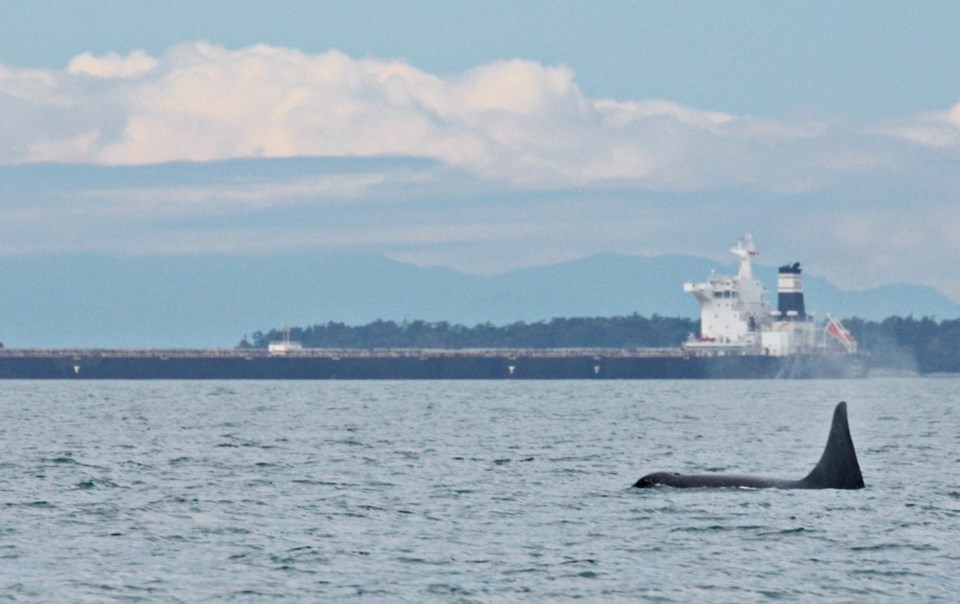The Canadian government handed out more than $45,000 in fines in 2021 to people who violated whale protection measures.
Earlier this year, the feds announced that vessels are prohibited from approaching any killer whale within 400 metres in B.C.'s coastal waters between Campbell River and Ucluelet until May 31, 2022. Canada's Marine Mammal Regulations, which require maintaining 200 metres away from killer whales, continue to apply year-round.
Southern resident killer whales are among the most threatened orca populations off B.C.'s coast. In 2020, the population declined to a 40-year low, more than a 25 per cent decline from their observed peak in 1995, according to the U.S. Environmental Protection Agency.
In a press release, Transport Canada says "enforcement actions" resulted in 11 penalties totalling $45,750.
"The limited number of repeat violations reflects a successful educational campaign for boaters during the year," the statement reads.
Minister of Fisheries, Oceans and the Canadian Coast Guard Joyce Murray says southern resident killer whales are a "vital" part of B.C.'s "sensitive ecosystem."
"Canadians care about this endangered species and want them to recover and thrive," she says in the release. "We're seeing encouraging results from enhanced federal protective measures and will continue to build on that partnership with industry, Indigenous groups and others to ensure the protection and regeneration of this important species."
From June 1 to Nov. 30, 2021, three "sanctuary zones" were in place where fishing and boating was not permitted with some exceptions. These zones were created to reduce underwater noise and physical disturbance so the whales could better socialize, forage and rest.
In October, five environmental groups called on the DFO and other enforcement bodies to ramp up patrols, prosecutions and penalties to deter violations.
In their call for action, the groups cited a report from the marine mammal surveillance group, Straitwatch, which documented whale-watching operators “routinely violating” legally established buffer zones between their vessels and the whales.
In one 12-day period in 2020, whale-watching operators allegedly breached the 400-metre buffer 84 times, according to a Straitwatch report.
Straitwatch found another 51 recreational fishing vessels were observed within 400 metres of southern resident killer whales; of those, 28 came closer than 200 metres.
With files from Stefan Labbé




